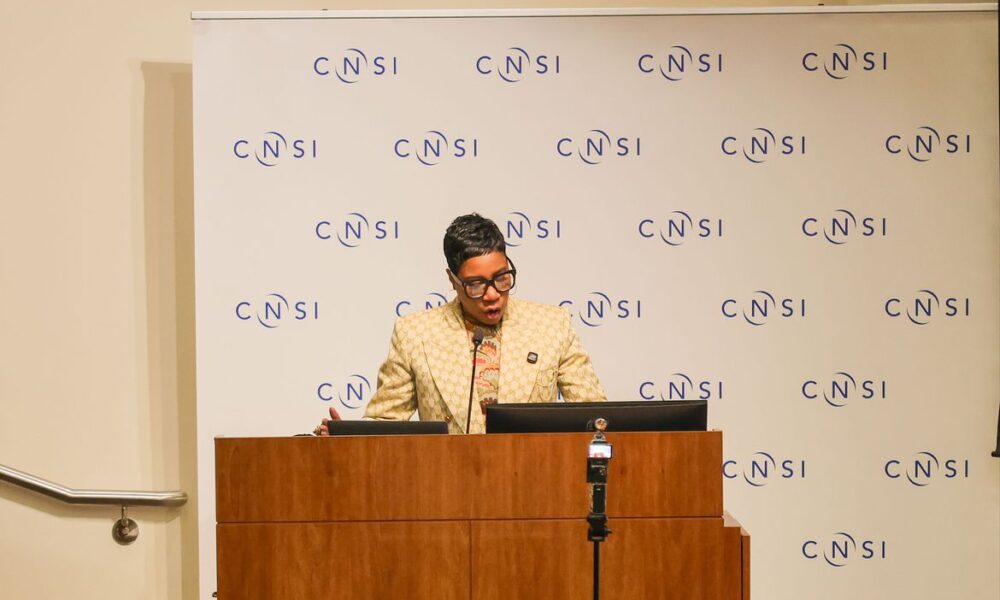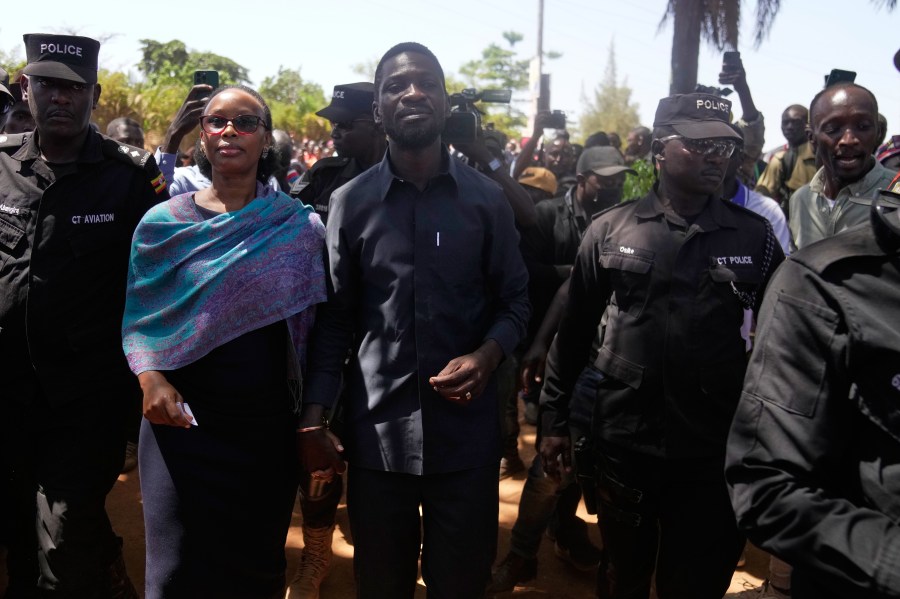Global strategist and changemaker Ivy McGregor emphasized the need for “radical collaboration” during her lecture at the University of California Regents event held on October 8, 2023, at the California NanoSystems Institute in Los Angeles. McGregor’s talk, titled “Four-squared: Unlocking Systemic Change Through Radical Collaboration,” focused on the importance of working across diverse relationships and networks to tackle pressing social challenges.
Drawing from her extensive experience in driving systemic impact, McGregor presented a framework aimed at connecting initiatives across the nonprofit, corporate, philanthropic, and entrepreneurial sectors. “I’ve seen each of these pillars move mountains,” she stated. “But I’ve also seen their brilliance trapped in silos, and I came to believe something radical — and it is that the future will not be built by one sector alone. It will be built at the intersections.”
Promoting Cross-Disciplinary Collaboration
The lecture marked the beginning of McGregor’s visiting residency at UCLA, where she will engage in discussions with faculty and students to promote cross-disciplinary efforts. For over a decade, she served as the executive director of the BeyGOOD Foundation, a public charity established by Beyoncé Knowles-Carter to support marginalized and underserved communities.
McGregor has designed and led various programs addressing critical issues such as health disparities and anti-human trafficking efforts. Her work has garnered recognition, leading her to advise world leaders, corporations, and organizations like the United Nations.
During her residency, McGregor aims to foster collaboration among different academic disciplines, facilitating conversations that could lead to innovative solutions for social issues. She believes that the intersections of various fields hold the key to unlocking significant change.
As McGregor continues her work at UCLA, her call for radical collaboration resonates with the university’s mission to address complex global challenges through interdisciplinary approaches. Her insights highlight the necessity of collective action in creating a more equitable future.







